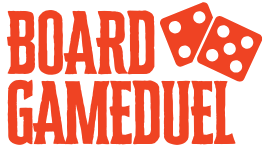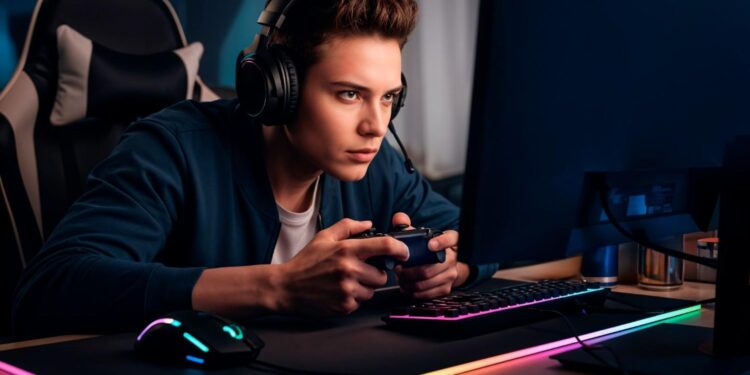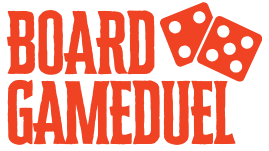If you’ve ever searched for ways to improve your gaming performance, chances are you’ve come across the term gaming hacks ScookieGeek. The phrase has been popping up on blogs and forums because players are always looking for ways to enhance gameplay—whether that means tweaking settings, installing mods, or finding quality-of-life shortcuts.
But here’s the truth: not all hacks are safe or even worth it. Some will get you banned, while others can give you legitimate boosts without crossing into shady territory. In this guide, I’ll unpack what ScookieGeek and similar sites talk about, explain which strategies are safe, and show you how to avoid falling into the trap of risky cheats.
What Are Gaming Hacks?
At their core, gaming hacks refer to tools, tweaks, or modifications that change how a game works. Some players think of hacks as cheats—aimbots, wallhacks, or infinite health. Others see them as quality-of-life enhancements that make a game run smoother or look better.
Think of mods that improve graphics, controllers that map buttons more efficiently, or network tweaks that reduce lag. The difference between harmless optimization and rule-breaking cheats is critical, and that’s where many blogs—like ScookieGeek—draw a line.
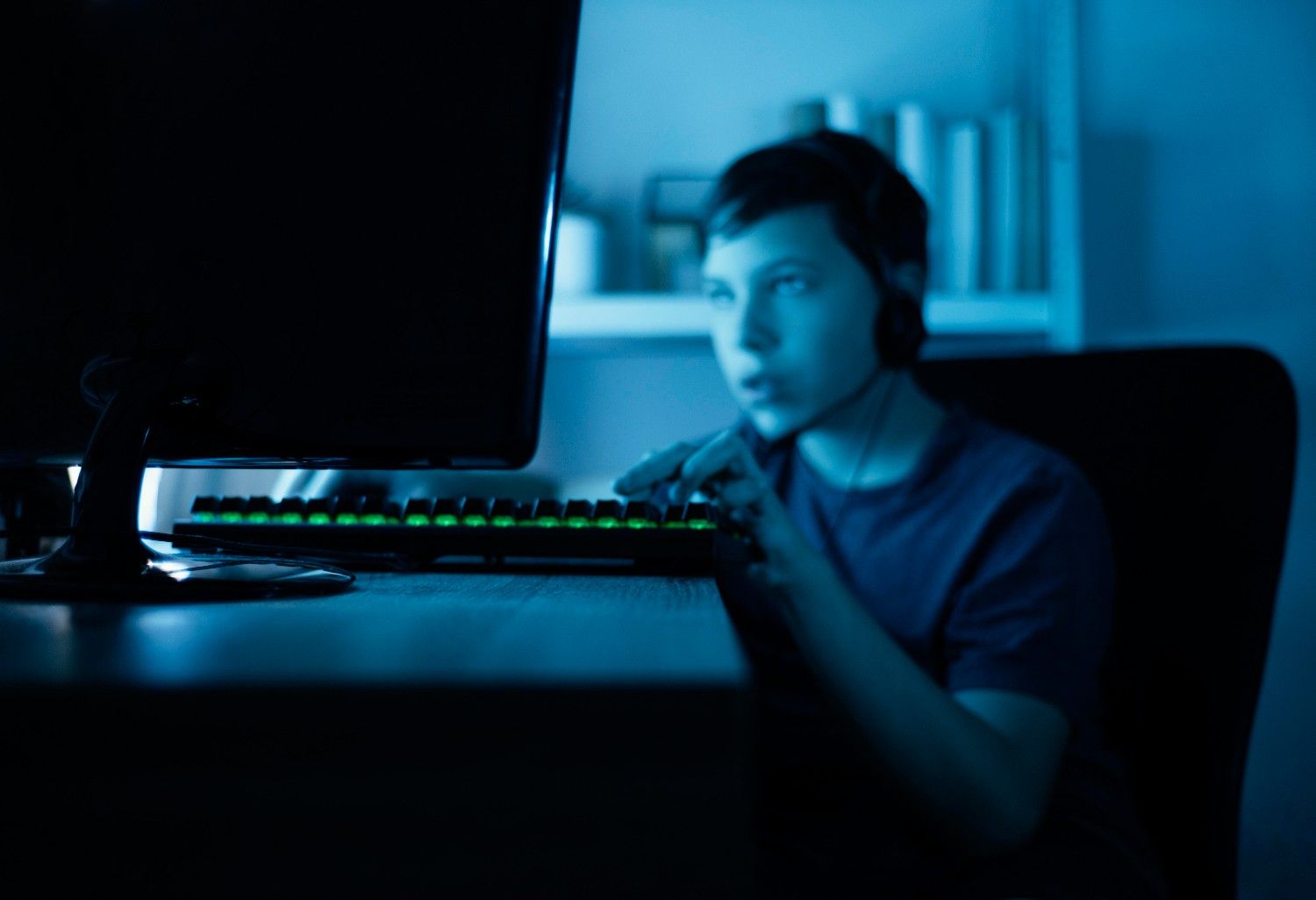
Why Gamers Search for Hacks
So, why does this topic keep trending? The answer is simple: competition and convenience.
- Performance boosts – Gamers want smoother FPS, faster load times, and more responsive controls.
- Accessibility – Mods can make games easier for players with disabilities, such as larger HUDs or re-mapped inputs.
- Experimentation – Many just enjoy customizing their game experience beyond what the developer offers.
- Shortcut temptation – On the flip side, some look for ways to win faster in competitive environments, even if it risks bans.
Safe and Legit Gaming Tweaks
Not all hacks will put your account in danger. Here are safe categories you can explore without fear of losing progress:
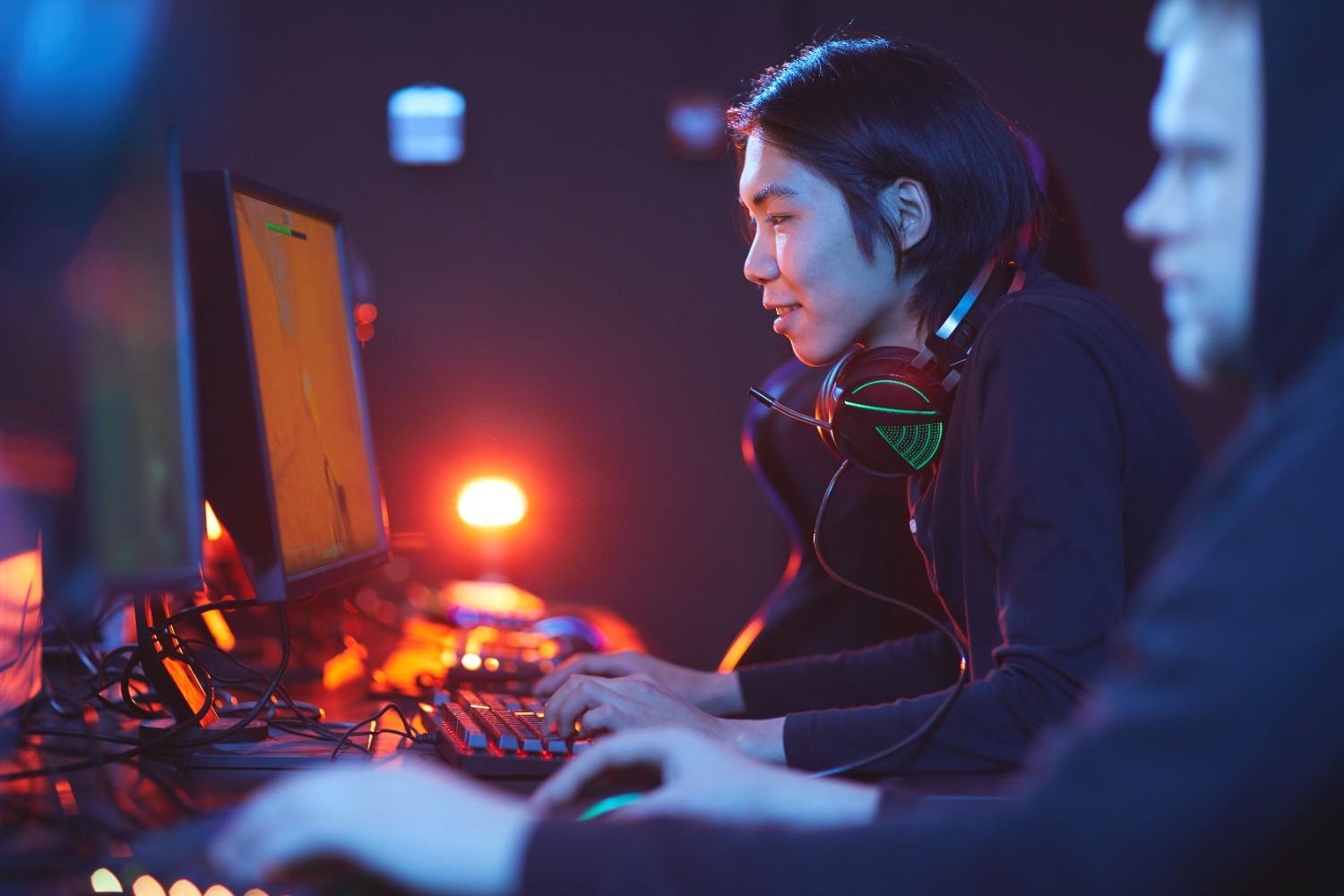
PC Settings & Performance Adjustments
- Lowering shadows, disabling unnecessary background apps, and using tools like NVIDIA’s DLSS or AMD FSR can give you extra frames per second.
Network Optimization
- Using a wired connection instead of Wi-Fi, enabling QoS settings on your router, or choosing servers closer to your region can dramatically cut lag.
Mods from Trusted Sources
- Platforms like Steam Workshop and Nexus Mods host community-tested mods. These can improve textures, add new content, or fix bugs without harming your account.
Controller & Keybind Customization
- Tools that let you remap buttons or adjust sensitivity curves can make gameplay smoother, especially for competitive shooters.
The Risky Side: Cheats and Bans
Now for the warning: once you step into the world of true cheats—like aimbots, wallhacks, or scripts—you’re on borrowed time.
- Anti-cheat systems such as BattleEye, Easy Anti-Cheat, and Riot Vanguard actively scan for injected code or unusual behavior.
- Bans can be permanent, wiping out months or even years of progress.
- Some cheat programs carry malware, exposing your system to far more risk than a simple suspension.
ScookieGeek and similar guides often stress the difference between enhancements (mods, settings) and exploits (cheats). Following that advice can save you from frustration down the line.
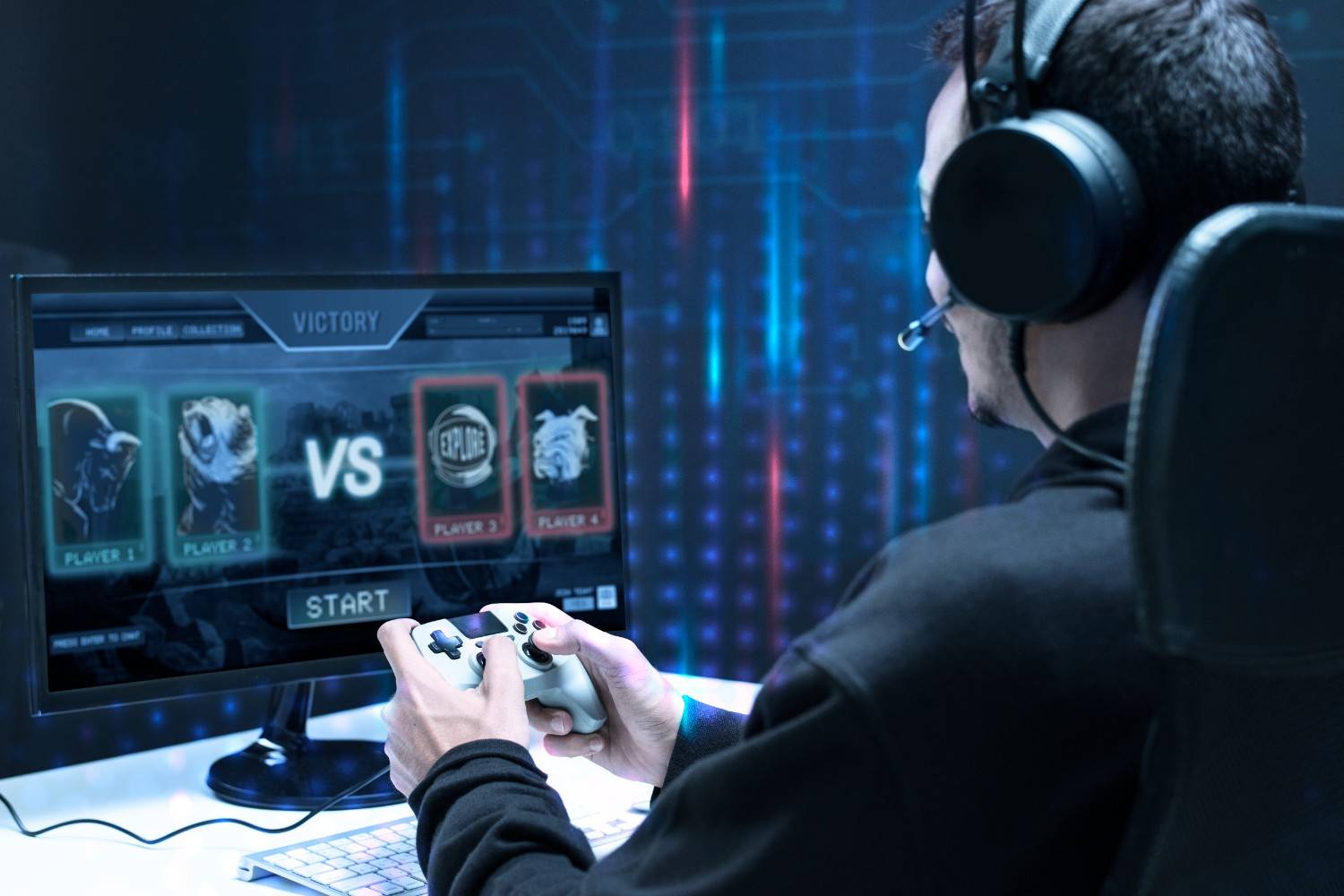
Gaming Hacks ScookieGeek: What Makes It Popular?
Many players land on ScookieGeek because it organizes hacks into easy categories—PC, console, and mobile—and balances the conversation between fun tweaks and serious risks. The site also emphasizes:
- Safe sources – linking to recognized modding communities.
- FAQs – addressing common questions about bans and performance.
- Freshness – keeping guides updated, which matters because game updates often break or patch hacks.
Still, like most guides, it lacks deep testing data and expert verification. That’s where you can go further: by sticking to credible tools, running your own benchmarks, and sharing real-world results.
FAQs About Gaming Hacks ScookieGeek
1. Are gaming hacks legal?
It depends. Modding for personal use or accessibility is usually legal, especially if downloaded from trusted platforms. But cheats that alter competitive balance often break both the law (via copyright infringement) and game terms of service.
2. Can I get banned for using ScookieGeek’s suggested hacks?
If the hack involves cheating in multiplayer (like aimbots), yes, bans are almost guaranteed. But safe tweaks—like changing video settings, optimizing your router, or installing cosmetic mods—won’t trigger anti-cheat systems.
3. What’s the safest way to improve my gameplay without hacks?
Focus on performance optimization: upgrade drivers, adjust in-game settings, use legitimate mods, and invest in better peripherals. These methods won’t risk your account.
4. Are mobile game hacks safe?
Most aren’t. Many Android and iOS “mod APKs” floating online come bundled with malware. If you want safe improvements, stick to built-in accessibility features or controller support.
Final Thoughts: Play Smarter, Not Riskier
The search for gaming hacks ScookieGeek highlights a truth every gamer knows: we all want a better, smoother, and sometimes easier gaming experience. But the safest path lies in legit tweaks, smart mods, and system optimization—not in risky cheats that could get you banned.
If you approach hacks as a way to customize and improve rather than exploit, you’ll get the benefits without the consequences. At the end of the day, the best “hack” isn’t one that breaks the rules—it’s one that helps you enjoy the game even more.
